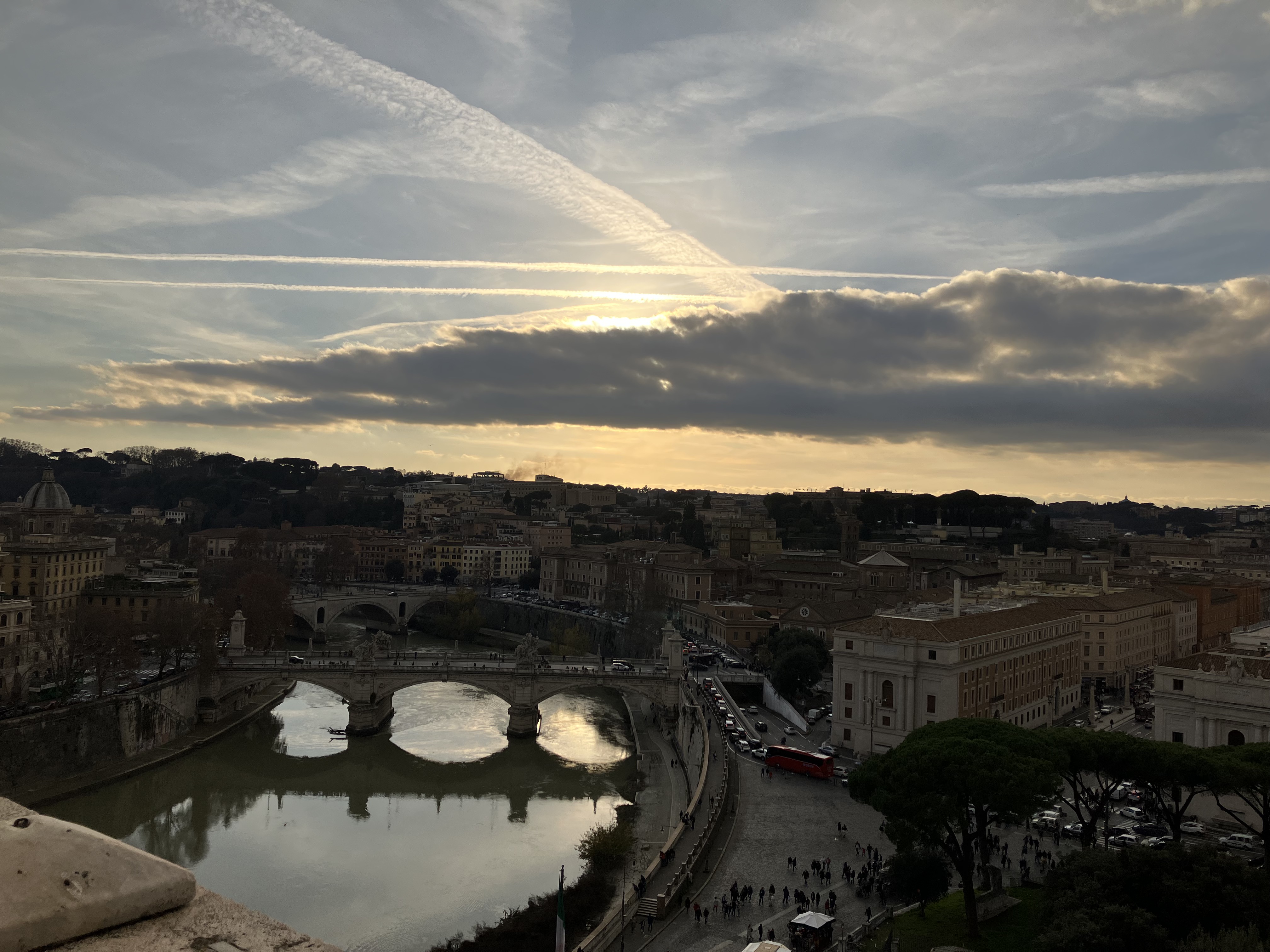The school will consist of 4 hours courses, some additional talks on related topics and plenty of time for free discussion.
The School starts on Monday 16th September at 10:30 am and will end on Friday 20th September at 12:30 (Aula Federigo Enriques, Ground Floor, Department of Mathematics Guido Castelnuovo, Sapienza UniversitÓ di Roma) map. Registration (welcome) is on Monday 16th September from 10:00 in Aula Gio Ponti (on the first floor).
